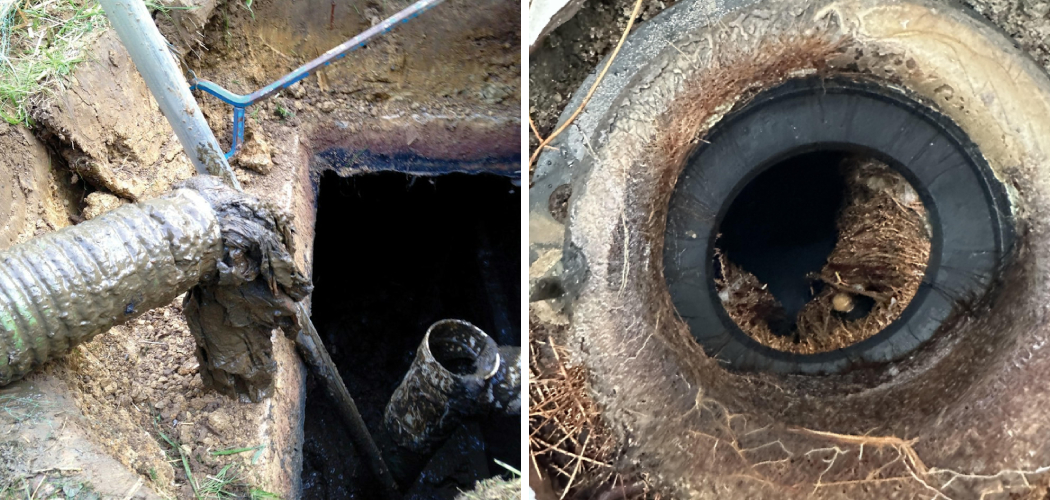Flushable wipes have gained popularity for their convenience, often marketed as a sanitary alternative to toilet paper. However, despite their “flushable” label, these wipes can cause severe problems in septic tanks. Their composition, which includes strong fibers, prevents them from breaking down as easily as traditional toilet paper. This can lead to significant clogs and backups in the system, resulting in costly repairs and possibly damaging the septic infrastructure.
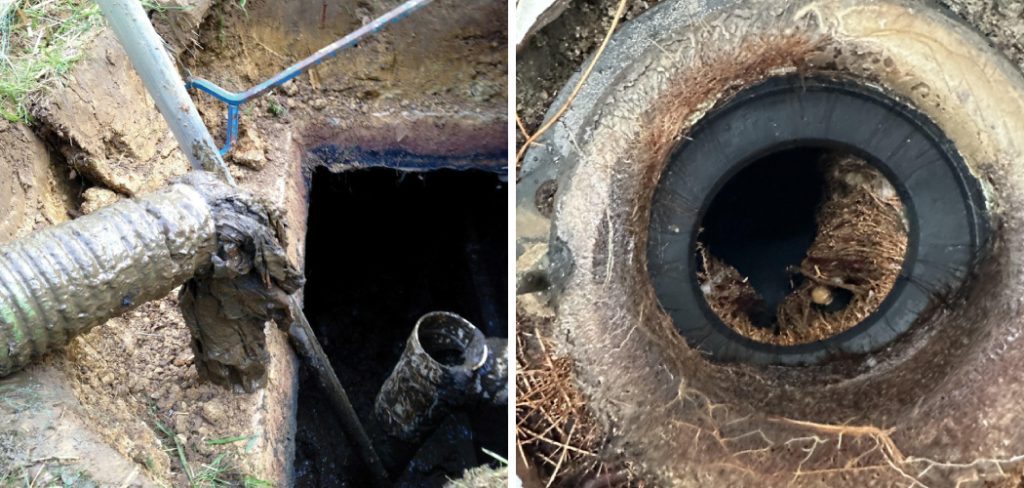
To address these issues, it is essential to understand how to dissolve flushable wipes in septic tank effectively. Various methods are available, including septic-safe enzymes, hot water and dish soap, and chemical treatments specifically designed to dissolve non-biodegradable materials. Moreover, maintaining regular inspections and promoting alternative disposal methods will help prevent future complications and ensure the longevity of your septic system.
Understanding the Problem with Flushable Wipes in Septic Tanks
Why Flushable Wipes Don’t Dissolve Easily
Flushable wipes are often marketed as a convenient and hygienic alternative to traditional toilet paper. However, their composition reveals the underlying problem: they are constructed from strong, non-biodegradable fibers that do not dissolve easily in water. Unlike toilet paper, which is designed to break down rapidly when flushed, these wipes maintain their integrity, leading to common misconceptions about their “flushable” label. This misunderstanding encourages users to treat flushable wipes like toilet paper, contributing to serious plumbing issues.
Impact on Septic Systems
The improper disposal of flushable wipes can have dire consequences for septic systems. Once flushed, these wipes can accumulate in the septic tank, forming clumps that disrupt the natural breakdown of waste. Over time, this accumulation can lead to clogs, reduced system efficiency, and potential damage. Homeowners may experience backups in their living spaces, resulting in inconvenient and costly repairs. If left unaddressed, the effects can escalate, necessitating professional intervention and major restoration efforts to ensure the system functions properly again. Understanding these risks is crucial for preventing septic system failures and maintaining its integrity.
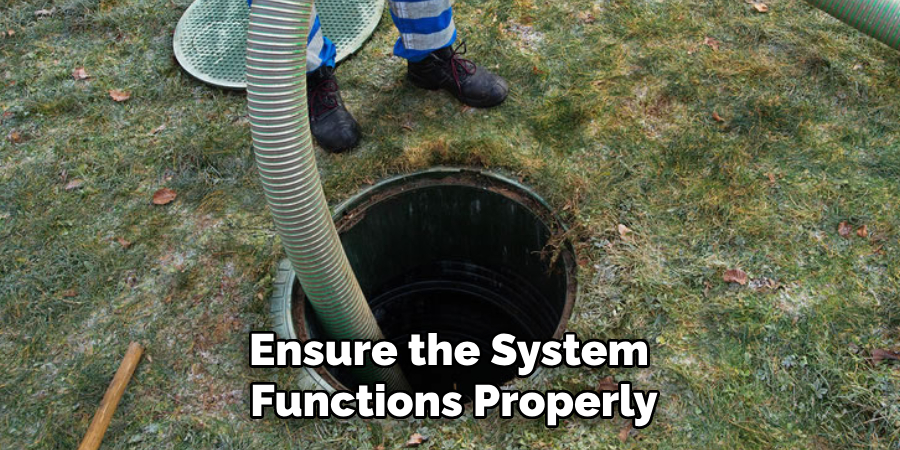
How to Dissolve Flushable Wipes in Septic Tank: Immediate Actions
Using Septic-Safe Enzymes and Bacteria
One effective method to help break down flushable wipes in your septic tank is using septic-safe enzyme treatments or bacterial additives. These products introduce beneficial bacteria that work to decompose organic material and enhance the breakdown process. To apply, follow these steps: First, read the manufacturer’s instructions to determine the correct dosage. Then, pour the recommended amount directly into your toilet bowl. After pouring, flush the toilet to ensure the enzymes enter the septic system. It’s ideal to perform this treatment during a time of low water use, allowing the enzymes the best opportunity to work effectively. For optimal results, repeat this process regularly, especially after using flushable wipes, to maintain a healthier septic environment and prevent additional buildup.
Introducing Hot Water and Dish Soap
Another simple and effective approach involves using hot water and dish soap to break down flushable wipes. Begin by heating water on the stove until it is hot but not boiling, as boiling water can harm the septic system. Once you have the hot water ready, pour a generous amount of dish soap into the toilet bowl; this helps to lubricate and agitate the clog. Next, slowly pour the hot water into the bowl, ensuring it flows gently to avoid overflow. Allow the mixture to sit for a few minutes, then flush the toilet to wash away the dissolved materials. This technique can help loosen clogs caused by wipes, facilitating their movement through the system and preventing blockages.
Using Septic-Safe Chemicals
Septic-safe chemicals designed specifically to dissolve wipes and other non-biodegradable materials can be valuable in maintaining your septic system. When selecting a product, look for those that are explicitly labeled as septic-safe and effective against tough clogs. Always read and follow the manufacturer’s instructions for application. Typically, you would pour the recommended chemical treatment directly into the toilet bowl.
Once applied, give it time to work as directed, often requiring several hours to overnight before flushing to ensure maximum efficacy. It’s important to be cautious and avoid mixing different chemical products, as this can create harmful reactions. Regular application can help mitigate the issues caused by flushable wipes and maintain the health of your septic system, reducing the risk of costly repairs in the future.
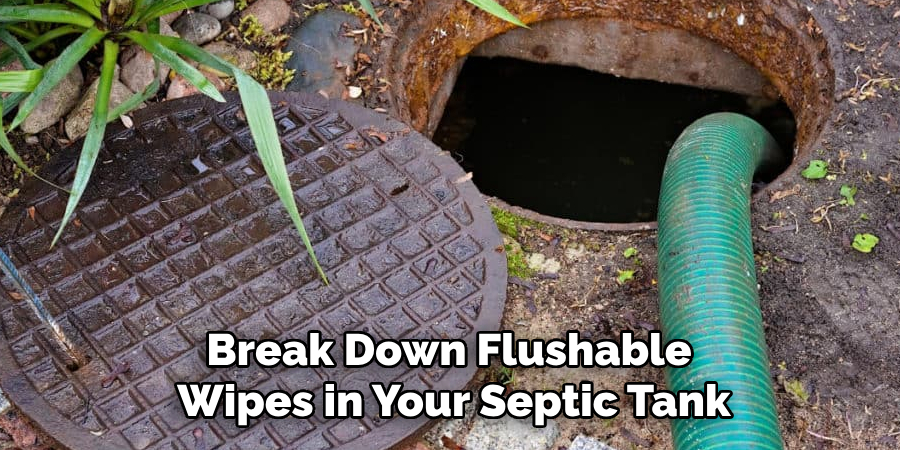
Long-Term Solutions and Preventative Measures
Regular Septic Tank Maintenance
Regular septic tank maintenance is essential to prevent the buildup of materials like flushable wipes. Homeowners should schedule inspections at least once every one to three years, depending on household size and water usage. During these inspections, a professional can assess the tank’s condition, check for clogs, and recommend pumping when necessary. Maintaining a healthy balance of bacteria within the tank is vital for effectively breaking down waste. Regularly adding septic-safe enzyme treatments can help boost bacterial activity, enhancing the decomposition process and minimizing the risk of clogs. By prioritizing routine maintenance, homeowners can significantly extend the lifespan of their septic systems and prevent costly repairs.
Avoiding Future Issues with Flushable Wipes
To mitigate potential issues with flushable wipes, education and awareness are critical. Despite their “flushable” label, avoiding flushing any wipes down the toilet is advisable. Instead, homeowners should promote alternative disposal methods—such as placing wipes in a designated trash bin—to prevent them from entering the septic system.
To effectively educate household members, consider placing clear signage near the toilet as a reminder of proper disposal practices. Additionally, sharing information about the negative impacts of flushing wipes can encourage everyone to adopt better habits. By fostering an understanding of septic systems and their needs, families can reduce the risk of future blockages and ensure a healthier environment for their plumbing systems.
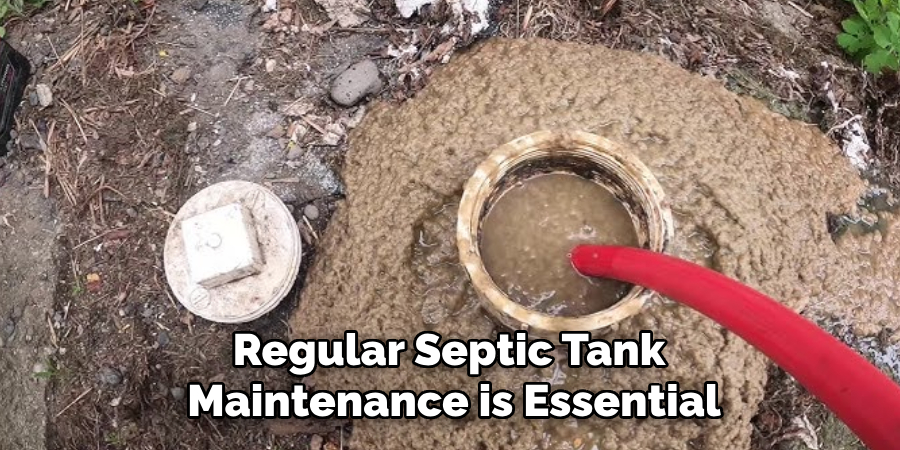
Signs You Need Professional Help
While homeowners can often manage minor septic system issues, certain signs indicate that it may be time to call a professional. If you experience persistent clogs that repeatedly disrupt your plumbing, slow drains that seem to worsen over time, or noticeable backups into your toilets or drains, these could be symptoms of a larger problem within the septic system. Additionally, foul odors around your property or pooling water in your yard suggest the septic tank is not functioning properly. Addressing these issues quickly is crucial, as neglecting them may lead to bigger, more costly repairs.
When to Call a Septic Professional
If any of these alarming signs arise, it’s important to contact a septic professional immediately. They can assess the situation and diagnose problems that may not be visible to the untrained eye.
What to Expect from a Professional Service
When hiring a septic professional, you can anticipate services such as septic tank pumping, mechanical removal of stubborn clogs, and thorough system inspections. These interventions are vital, as timely professional help can prevent further damage and costly repairs, ensuring the continued functionality of your septic system.
Alternatives to Flushable Wipes
Biodegradable Wipes
For those who prefer the convenience of wipes, biodegradable options present a more septic-friendly choice. Unlike traditional flushable wipes, which can take a long time to break down and often lead to clogs, biodegradable wipes are specifically designed to decompose in both septic systems and the environment. These products typically use natural materials that disintegrate more easily, reducing the risk of stubborn blockages and promoting a healthier septic system overall.
Using Toilet Paper Instead
Another effective alternative is the use of toilet paper, which is specifically engineered to dissolve quickly in water. Toilet paper poses minimal risk to septic systems as it breaks down almost immediately upon flushing. By switching from wipes to toilet paper, homeowners can significantly reduce the potential for clogs and maintain the health of their septic systems, all while enjoying reliable sanitation.
Frequently Asked Questions (FAQs)
1. Are Flushable Wipes Really Safe to Flush?
Despite being marketed as “flushable,” many wipes do not break down as quickly or easily as toilet paper. They can cause blockages in plumbing and septic systems, leading to costly repairs. It’s best to avoid flushing any type of wipes down the toilet.
2. How Often Should I Have My Septic Tank Inspected?
It is typically recommended to have your septic tank inspected every one to three years, depending on your household size and water usage. Regular inspections can help catch issues early and ensure the system functions properly.
3. What Should I Do if I Notice Foul Odors Around My Septic System?
Foul odors may indicate a problem with your septic system, such as a malfunctioning tank or drain field. It’s important to address these odors quickly by contacting a septic professional to evaluate and resolve the issue.
4. Can I Use Household Products to Maintain My Septic System?
While some household products can help maintain a septic system, using those specifically designed for septic tanks is essential. Avoid pouring grease, chemicals, or non-biodegradable items down the drain, as they can harm the bacteria needed to break down waste in your septic tank.
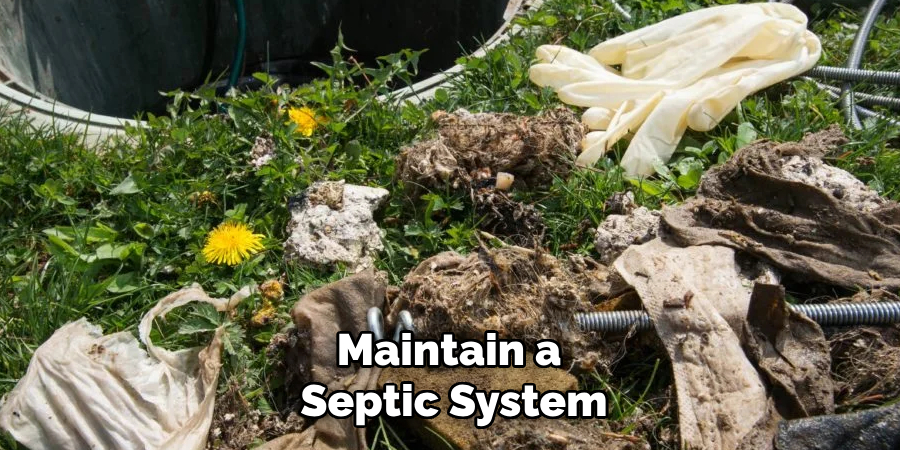
Conclusion
In summary, managing flushable wipes in your septic tank requires a proactive approach that includes methods on how to dissolve flushable wipes in septic tank effectively. Utilizing enzyme treatments and septic-safe chemicals can help break down stubborn materials while avoiding wipes altogether, which is the best preventative measure. Households should adopt responsible disposal practices, such as placing wipes in the trash rather than flushing them, to protect the integrity of their septic systems.
Regular septic tank maintenance is crucial; scheduling inspections and pumping when necessary can vastly extend the system’s lifespan. Homeowners can mitigate potential issues by prioritizing these steps and enjoying a healthy septic environment. Remember, with the right care and attention, you can effectively prevent problems and ensure the longevity of your septic system, safeguarding both your home and the environment.

